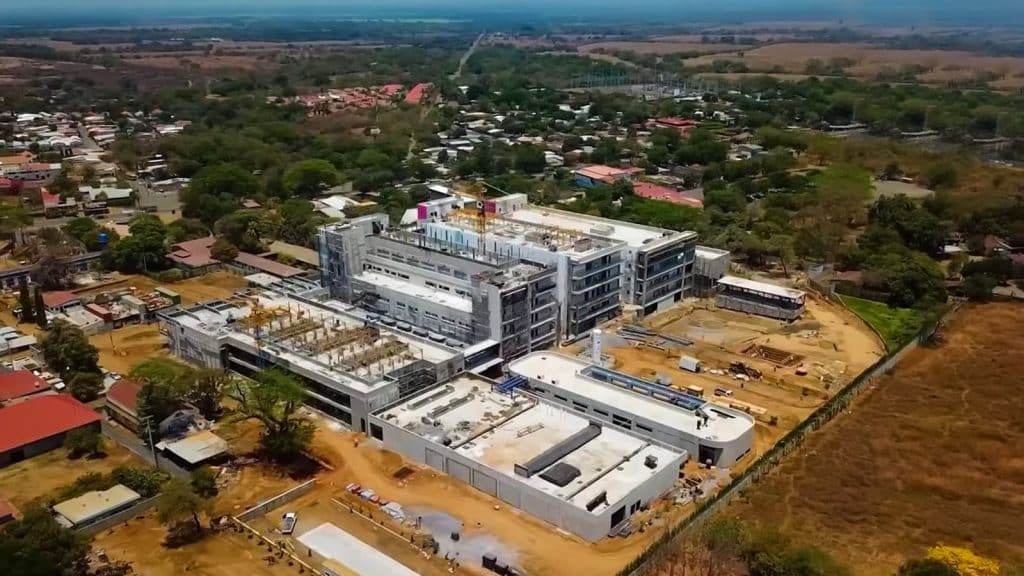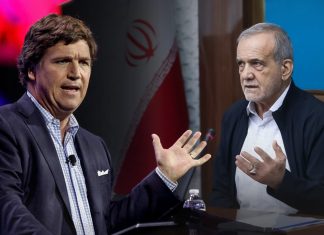
Nicaragua commemorates 17 years since the Sandinista National Liberation Front (FSLN), led by President Daniel Ortega, retook the government, marking unprecedented political and socioeconomic development.
Since then, the course of the Latin American nation has undergone a profound transformation, consistently reducing the adversity of poverty and extreme poverty.
As of January 10, 2007, Nicaragua embarked on a path of reconstruction and human development through the «National Plan to Fight Poverty and for Human Development«, overcoming previous economic and social difficulties.
Achievements and advance in Nicaragua in 17 years
In this sense, significant milestones stand out such as the drastic reduction in general poverty, decreasing from 48.3% in 2005 to 24.9% in 2016, as well as the decrease in extreme poverty from 17.2% to 6.9% during the same period.
Free education at all levels of the educational system, established since 2007, has been a fundamental pillar in this transformation, in addition to the reconstruction and extensive construction of educational centers throughout the national territory, guaranteeing nutritional security with the “Merienda Escolar” Program.
Likewise, universal and free access to health, along with special and comprehensive care, has been one of the most notable advances, added to consolidating the largest Public Hospital Network in the Central American region.
The country has experienced notable growth in hospital infrastructure, with the construction of 23 new hospitals and the rehabilitation of 46 more, reaching more than 11,700 beds, 82 clinical laboratories, a plant of vaccines and two linear accelerators for cancer treatment, according to data from the Nicaraguan Ministry of Health.
Regarding drinking water coverage, Nicaragua has exceeded 90% throughout the national territory, in contrast to 65% prior to 2007, a process that has benefited thousands of citizens.
The projection of the Nicaraguan Aqueduct and Sewer Company (Enacal) plans to reach 60% access to water and sanitation in urban areas by the end of 2024, with even more ambitious goals for 2026 and 2027.
Nicaraguan strategic alliances
Recently, the Free Trade Agreement between China and Nicaragua has entered into force, representing a significant step after the reestablishment of diplomatic relations and its elevation to the level of “strategic partnership”.
You can read: Nicaragua rejects mechanism of interference and aggression carried out by the UN
This agreement offers immediate access to the Chinese market for 60% of the products exported by Nicaragua, eliminating tariffs on items such as beef, sugar, seafood, honey, textiles and more. Its implementation, which began on January 1, 2024, promises to boost commercial exchange between both nations.
Likewise, Nicaragua and China have consolidated agreements for different large-scale projects such as the construction of an International Airport, a liquefied gas terminal, the development of railway systems, investment in the hydroelectric sector and other mega road works.





